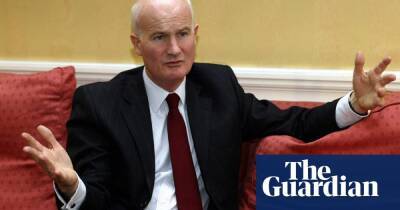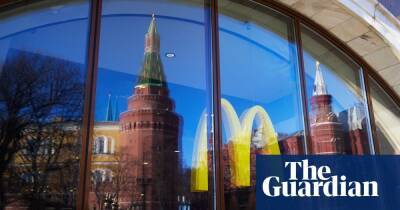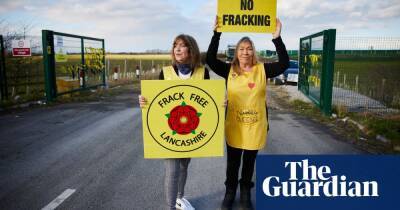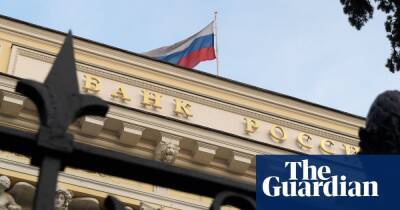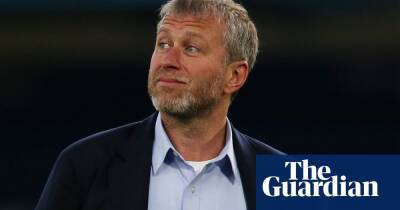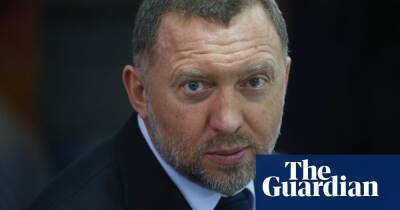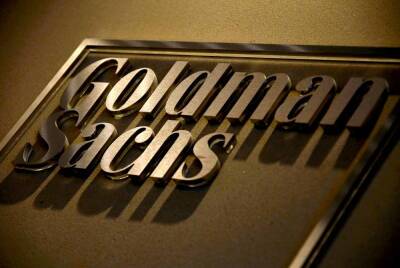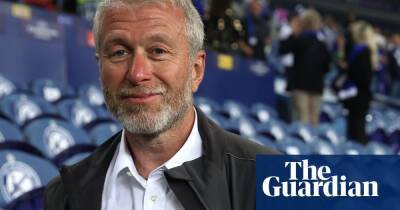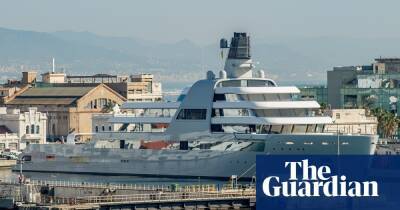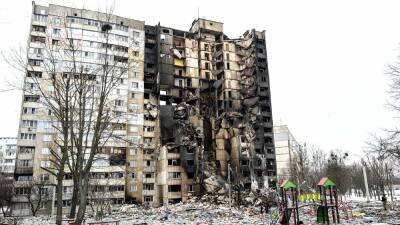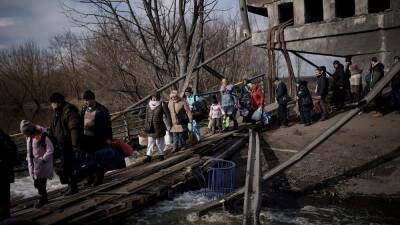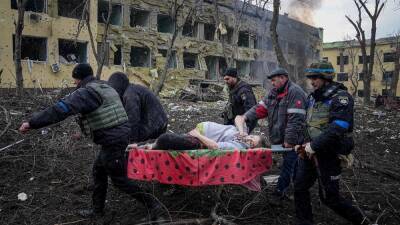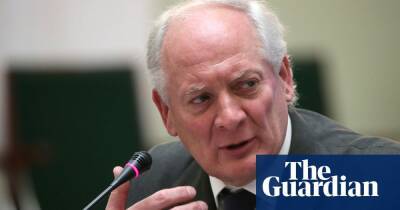Putin’s errors over Ukraine could herald big change for global finance
During the brief heyday of Russia as a “Bric”, the acronym I dreamed up in 2001 to describe the possible future largest emerging economies in the world – Brazil, Russia, India and China – I would go to Russia reasonably frequently.
In 2008, I was asked by the organisers to give a special presentation on where Russia’s economy might be, by 2020, to the St Petersburg Summit, Russia’s own version of Davos. To my slight embarrassment, I hadn’t really appreciated that they would be quite irritated if I didn’t suggest that Russia was likely to be in the top five largest economies of the world by 2020, which I did realise afterwards, when my presentation and comments caused a bit of stir in the post event coffee areas and media.
Essentially I suggested that given Russia’s challenging demographics, and thatcrude oil prices were unlikely continue the one-way rise that had characterised the decade to date, Russia’s potential growth rate was probably not much more than 2%. And if they really wanted to have the powerful economic growth that had been experienced in (those) recent years, they needed to undertake significant reforms to boost productivity.
The reaction to my presentation among officialdom was my first real suspicion that Russia might have challenges ahead, which of course, was without realising the scale of chaos that was about to unfold in the global financial system and the subsequent economic collapse around much of the world. That set of circumstances contributed to a major multi-year peaking in oil prices, and much of what happened since, which for Russia, has been persistent economic disappointment.
I have no great expertise at geopolitics but I have broadly assumed in the past decade or so that Vladimir Putin had
Read more on theguardian.com

